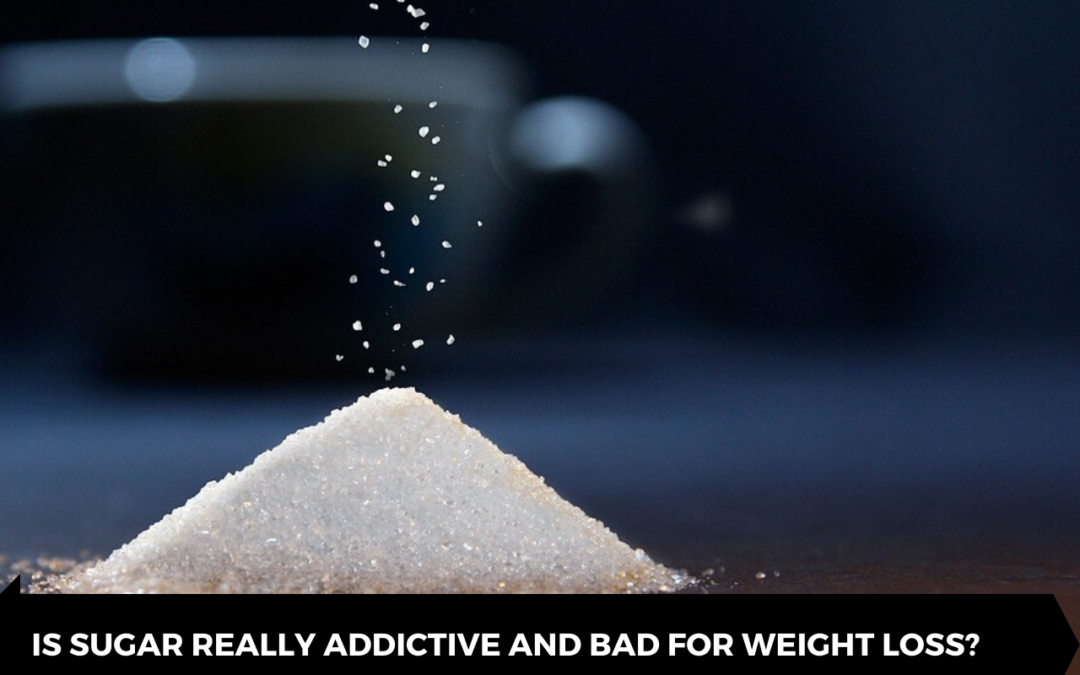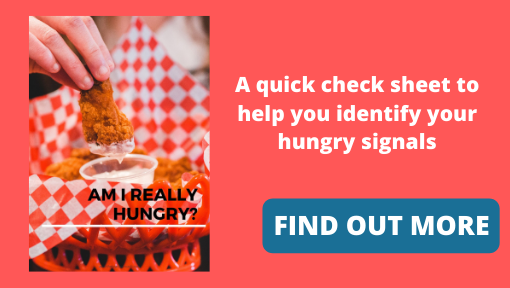Sugar is the current bad guy.
Before it was gluten, before that carbs and before that fat, and before that…take your pick.
We’re surrounded by the media telling us that sugar is the reason we have an obesity epidemic, and that we all should completely remove sugar from our diet. One of the reasons is the popular phrase ‘Sugar is more addictive than cocaine’. I’m sure you’ve heard or seen it somewhere. Where did this come from?
It actually came from a sound bite of an interview, which took the world by storm. Because it sounds good, right?!
But what gives credence to such a statement? One frequently quoted source is actually from a rat study. Where the researchers wanted to test if sugar could be a substance of abuse leading to a natural form of addiction. To test their hypothesis, the rats were STARVED for 12 hours and then given access to a sugar solution and chow for a period of 12 hours. And their conclusion “According to the evidence in rats, intermittent access to sugar and chow is capable of producing a “dependency”. (Avena et al 2008)
Hmm, well they were rats and they were fed in an atypical method.
What we need to look at is what happens in humans. And people have looked, and the conclusion?
“There is no support from human literature for the hypothesis that sucrose may be physically addictive or that addiction to sugar plays a role in eating disorders” (Benton 2010).
What’s really interesting in Benton’s review, is that he looked specifically at the chemical impact of addiction. Without getting too deep into science. Some of the research he looked into was the use of opioid antagonists to treat binge eaters. In that if binge eaters were addicted to sugar, then by taking opioid antagonists they would block the dopamine hit of the sugar, resulting in them experiencing withdrawal symptoms.
The studies found that the majority of binge eaters showed no adverse effects to taking the opioid antagonists, which suggests they were not addicted.
Now it’s important to note, although there is no physiological addiction to sugar. Individual psychology towards a dependence or preference for sugary foods does exist. But it’s not just the sugar. It’s sugar with fat or carbohydrates. Foods like chocolate, donuts, cookies, biscuits contain sugar and fat or carbs. And it’s the whole shebang of the food.
The taste, the texture, the smell and its visual appearance.
I have yet to see anyone grab a spoon and shovel a bowl of sugar into themselves.
Or someone lose their mind in a supermarket aisle ripping open bags of sugar and going for their lives.
I don’t mean to be flippant, but I believe people who continue to spread mis-information about sugar addiction really dis-empowers people to change.
Addiction is a serious word and when people use statements like ‘Sugar is more addictive than cocaine’ not only is it wrong, it’s also scare mongering and disempowering.
Yes, you may have a preference for sweet food. Yes, you may get a dopamine hit when you eat your favourite chocolate bar. But if you want to change your food habits, you can. It takes effort, but it is doable.
If you have any questions, or want some extra guidance. Talk to me. I’m here.
Marty





